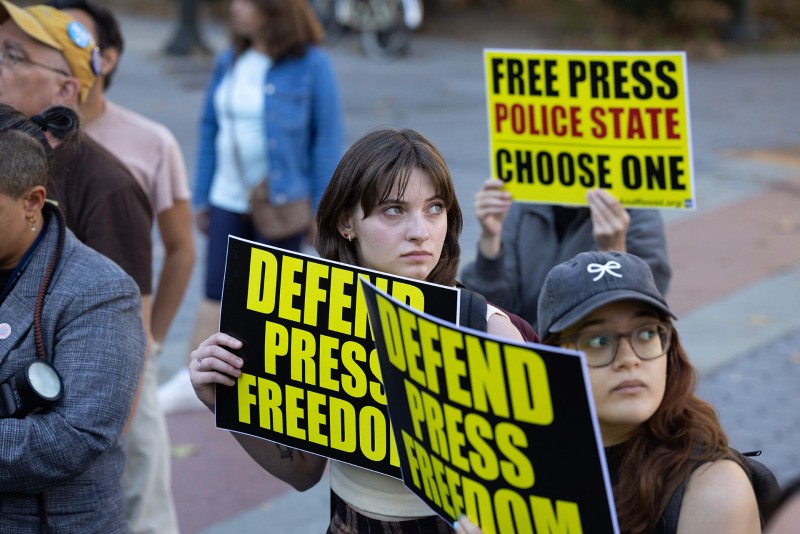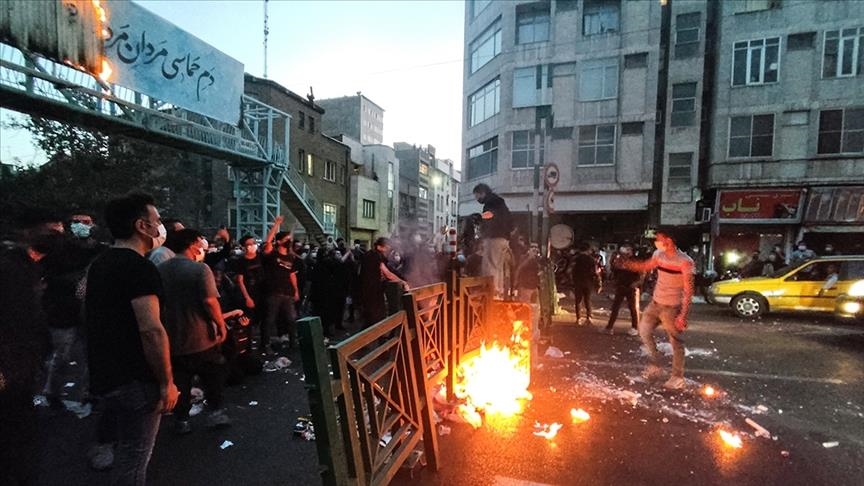
Journalist Murat Ağırel Faces Death Threats and Surveillance in Escalating Press Freedom Crisis in Turkey
September 12, 2024
PTI Politician’s Harassment of Female Journalists Sparks Outrage in Pakistan
September 12, 2024September 12, 2024 – General –
Reporters Without Borders (RSF) and the French magazine Society have launched a powerful special edition titled “The Prison Papers”, shedding light on the lives and struggles of eight journalists currently imprisoned across four continents. The project combines long-form journalism, interviews, essays, and illustrations to document the personal and professional toll of incarceration for doing the work of reporting the truth.
The stories featured represent a global spectrum of repression. Among them is José Rubén Zamora, the prominent Guatemalan journalist and founder of El Periódico, imprisoned since 2022 in what press freedom advocates widely view as retaliation for his investigations into high-level government corruption. While the identities of some journalists are withheld for security reasons, others are believed to be from countries such as Eritrea, Hong Kong, Iran, and Myanmar—nations where independent journalism is frequently criminalized.
Each account is a personal narrative of resilience amid censorship, solitary confinement, and threats to both mental and physical health. RSF and Society use these firsthand testimonies to reveal the human cost behind press freedom statistics. The magazine also includes contributions from peers and artists who amplify the imprisoned journalists’ messages, reinforcing that even behind bars, their voices can still reach the public.
According to RSF, more than 580 journalists are currently imprisoned worldwide, with 2022 marking a record year for media repression. Female journalist detentions also rose sharply. This publication arrives at a time when authoritarian governments increasingly use legal systems and surveillance to silence dissent.
“The Prison Papers” is not only a record of suffering but a call to action. RSF urges readers to support ongoing campaigns for the release of these journalists, sign petitions, and amplify their stories through public awareness efforts. The project emphasizes that truth cannot be locked away indefinitely—and that international solidarity is essential in defending those who risk everything to inform the world.
In a climate of growing repression, The Prison Papers serves as a sobering reminder that journalism remains a dangerous but vital act of defiance.




